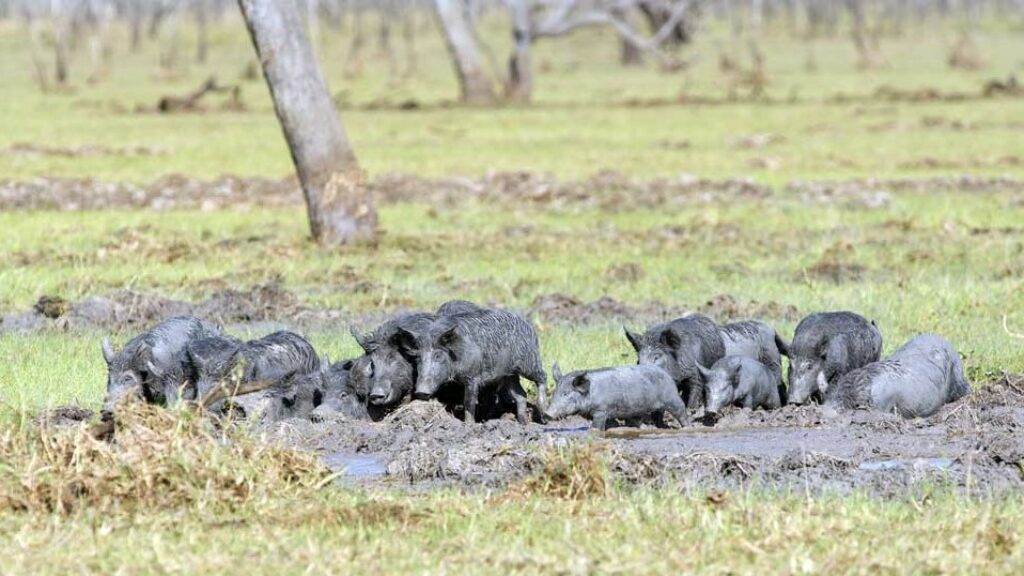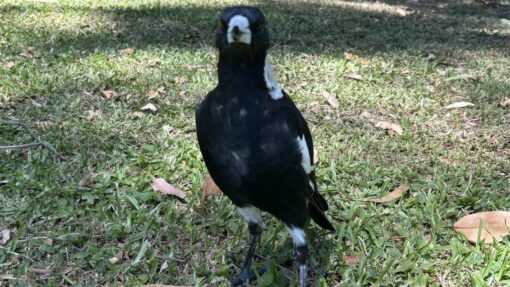Mozzie bite prevention urged on Cape York as encephalitis found in feral pigs
Richard Dinnen - Queensland Editor |

The Japanese encephalitis virus has been detected in feral pigs in remote country on Cape York Peninsula for the first time.
The detection was made near the western Cape port of Skardon River as part of routine surveillance for the potentially fatal mosquito-borne virus.
Biosecurity Queensland has confirmed a small number of feral pigs had tested positive to the virus in samples taken as part of the ongoing Northern Australia Quarantine Strategy surveillance activities.
Japanese encephalitis has been previously found in feral pigs interstate, but this is the first such detection in Queensland.
Landholders have been told of the detection, and locals and visitors are being encouraged to prevent mosquito bites.
The virus is endemic to parts of Asia and the Torres Strait region and is also found in northern Cape York Peninsula. It’s spread by mosquitoes, and can infect waterbirds, humans, pigs, and other animals.
Tropical Public Health Unit Director, Dr Richard Gair, said people should do all they can to prevent mosquito bites.
“It is likely further cases of Japanese encephalitis virus (JEV) may be identified in feral pigs across the region.
“It’s important to understand that JEV is transmitted to humans through mosquito bites. It cannot be transmitted from human-to-human or direct from animals, or by consuming pork or pig products.”
Most human infections of JEV cause no symptoms, or mild symptoms such as headache or fever. Serious cases lead to brain inflammation, causing vomiting, high fever and chills, severe headache, sensitivity to light, and neck stiffness.
Severe illness is more likely in the elderly and children under five.
Human cases are usually rare, but there’s been about 40 cases around Australia so far this year, with five deaths. More than half were reported in NSW, Victoria, and South Australia, well south of the normal range of the virus.
In March, Australia’s acting chief medical officer, Dr Sonya Bennett, declared the Japanese encephalitis virus a communicable disease incident of national significance.
Dr Gair said a vaccine is available for Japanese encephalitis, but the best defence is to avoid mosquito bites.



